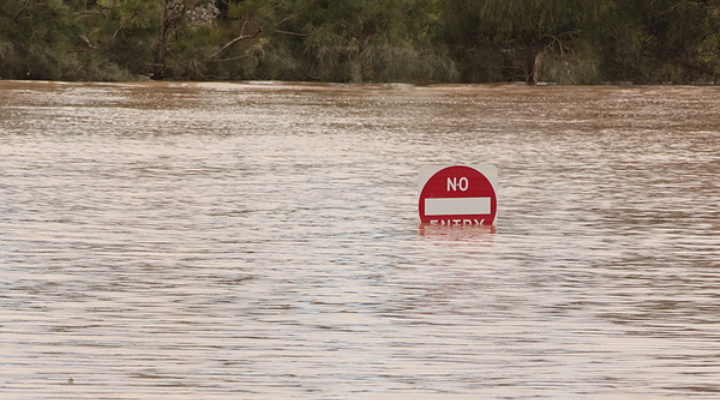Natural disasters such as bushfires, droughts, and floods have hit Australian small businesses in recent years. So small business owners should consider how they would sustain their business without the right insurance, should disaster strike.
Earlier this spring Australian Small Business and Family Enterprise Ombudsman, Bruce Billson, unveiled the Small Business Natural Disaster Preparedness and Resilience Inquiry report in Federal Parliament.
Billson highlighted the important role preparation can play in how small businesses can reduce the risks of natural disasters to their business.
One of the findings of the report was that many business operators are underinsured. Only 43% of small business owners believe they are comprehensively covered from insurable business risks.
Jane Mason, Head of Product, Channels & Risk at business insurance comparison website BizCover said “Being underinsured – or even worse, uninsured – can expose small business owners to risks that they may not be able to recover from.
“The impact of natural disasters on small businesses can be devastating, so having a business continuity plan that clearly defines how your business will recover from a natural disaster can make all the difference for the future of your small business,” she said.
Business Interruption insurance can provide coverage for loss of turnover due to damage to your own premises as a result of an insured event, as well as any additional costs of working.
For example:
- Storm, hail, lightning, flooding
- Busting, leaking overflowing pipes
- Burglary or theft
- Glass breakage
- Accidental damage
- Malicious damage
- Fire
Four steps to creating a business continuity plan
1. Define the risks to your business
Different businesses will be exposed to different types of risks. Take the time to identify what types of risks can potentially negatively impact your small business.
2. Develop and implement preventative measures
Take proactive steps to reduce the risks to your business before they cause problems for your business.
3. Have an action plan
Outline the specific steps that you will take if an incident does occur that negatively impacts your small business. This may include measures such as fire drills, easy access to first aid kits, and easy-to-find emergency contact phone numbers.
4. Have a recovery plan in place
How will you recover from a disaster? Chart what this would look like so you are able to get your small business trading as soon as possible.
This information is general only and does not take into account your objectives, financial situation or needs. It should not be relied upon as advice. As with any insurance, cover will be subject to the terms, conditions and exclusions contained in the policy wording.

















